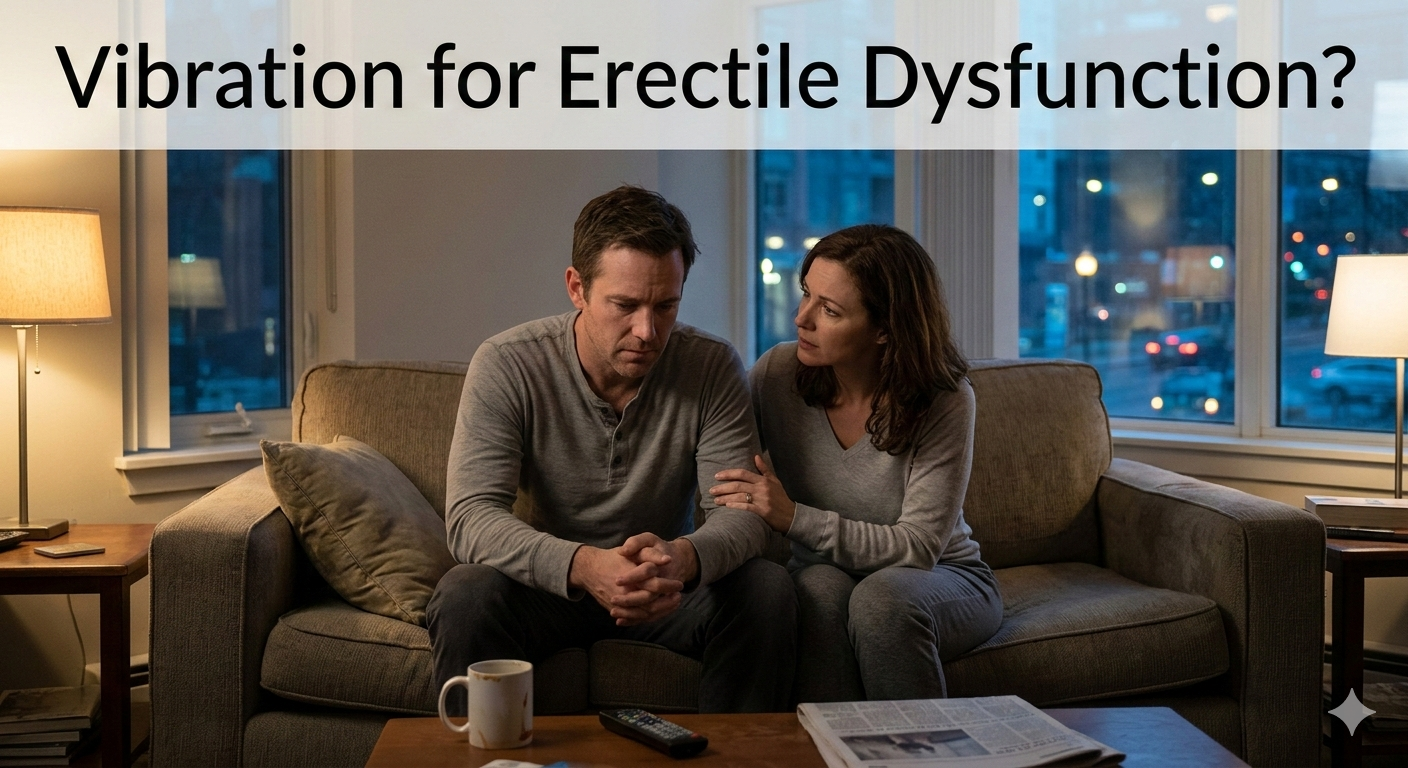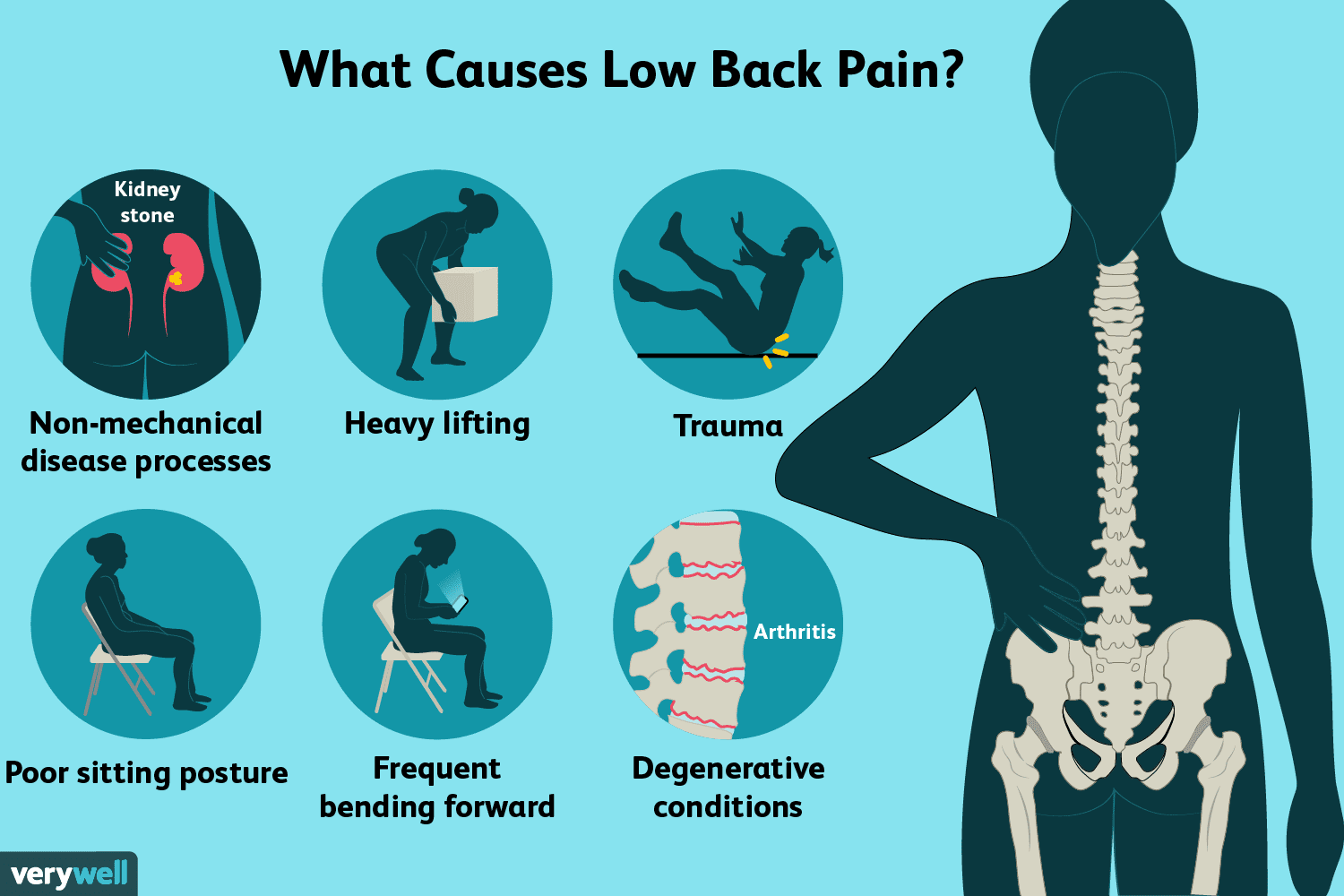The Telltale Signs of Depression: Symptoms to Watch Out For
Depression is a serious mental health condition that can have a significant impact on a person’s quality of life. It’s important to recognize the signs and symptoms of depression so that those who are affected can seek help and support. In this article, we will discuss the telltale signs of depression and the symptoms to watch out for.
Signs of Depression
Depression can manifest in a variety of ways, and the signs and symptoms can differ from person to person. However, there are some common signs of depression that are important to be aware of. These include:
- Feelings of sadness or hopelessness
- Lack of interest or pleasure in activities
- Changes in appetite or weight
- Difficulty sleeping or sleeping too much
- Feeling tired or lacking energy
- Feelings of worthlessness or guilt
- Difficulty concentrating or making decisions
- Thoughts of death or suicide
If you or someone you know is experiencing several of these symptoms, it’s important to seek help from a mental health professional.
Common Symptoms of Depression
In addition to the signs mentioned above, depression can also present with a range of symptoms that can affect a person’s physical and emotional well-being. Some common symptoms of depression include:
- Unexplained aches and pains
- Irritability or restlessness
- Loss of interest in sex
- Feeling agitated or slowed down
- Difficulty in carrying out daily activities
- Feelings of emptiness or numbness
- Social withdrawal or isolation
- Changes in appetite or weight
It’s important to remember that everyone’s experience of depression is unique, and not all individuals will experience the same symptoms. However, if these symptoms are interfering with daily functioning, it’s crucial to seek professional help.
Conclusion
Recognizing the signs and symptoms of depression is the first step toward seeking help and treatment. It’s important to remember that depression is a common and treatable mental health condition, and seeking help from a mental health professional is crucial for managing symptoms and improving quality of life. If you or someone you know is experiencing symptoms of depression, don’t hesitate to reach out for support.
FAQs
Q: What should I do if I suspect that I or someone I know has depression?
A: If you suspect that you or someone you know has depression, it’s important to seek help from a mental health professional. This can be a psychiatrist, psychologist, or licensed therapist who can provide an accurate diagnosis and recommend appropriate treatment.
Q: Are there any self-help strategies for managing depression?
A: While seeking professional help is crucial for managing depression, there are also self-help strategies that can be beneficial. These include regular exercise, maintaining a healthy diet, getting enough sleep, and engaging in activities that bring joy and satisfaction.
Q: Can medication help with managing symptoms of depression?
A: In some cases, medication may be recommended by a mental health professional to help manage symptoms of depression. Antidepressants and other medications can be effective in reducing symptoms and improving mood, particularly when used in combination with therapy.
Q: Is it possible to recover from depression?
A: Yes, it is possible to recover from depression with the right treatment and support. Many individuals experience significant improvement in symptoms and can lead fulfilling and productive lives with the help of therapy, medication, and support from loved ones.










